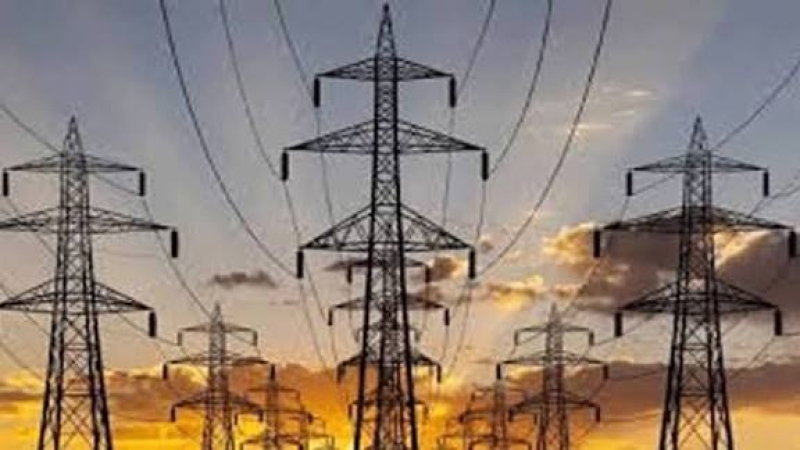- Dhaka’s air recorded unhealthy on Friday morning |
- Teesta activists announce ‘Silent Rangpur’ campaign in 5 districts |
- Ceasefire Offers Lifeline, but Gaza Hospitals in Ruins |
- Christensen calls next election most consequential in decades |
- OIC Condemns Knesset’s Annexation Law, Supports ICJ Advisory Opinion |
Power outages leave Sunamganj residents in despair

Daily life in 12 upazilas of Sunamganj has been thrown into disarray as residents endure up to 18 hours of load-shedding each day due to an acute power shortage.
Consumers, particularly students appearing for the final examination, are the worst sufferers as the district has been left without electricity at night.
During the day, elderly people struggle to cope with extreme heat without electricity, with small and medium business people facing financial losses.
Sujan Mahmud of Atgaon in Shalla upazila said once the electricity goes it does not return for hours. They only get a few hours of supply at night.
Feroz Mia from Rajanagar union in Dirai upazila said, “It is hard to know when the electricity supply will resume. We have been facing a severe power crisis for many days.”
Mofassel Ahmed from Birgaon village in Shantiganj upazila said annual exams are nearing but students cannot study at night as electricity goes out every evening and the daytime situation is the same.
Officials of Sunamganj Rural Electricity Cooperative said the district has 375,000 consumers under its coverage.
The demand for the electricity in the district is 70–75 MW but only 35–40 MW is supplied daily due to a national shortfall in electricity production, resulting in 50–60 percent load shedding, according to them.
General Manager Md Zakir Hossain of the district electricity cooperatives said the electricity shortage is a national issue and they are forced to impose load shedding due to lower supply, especially at night, reports UNB.
“We are trying to provide service despite this, and the problem will ease once national production increases,” he added.

